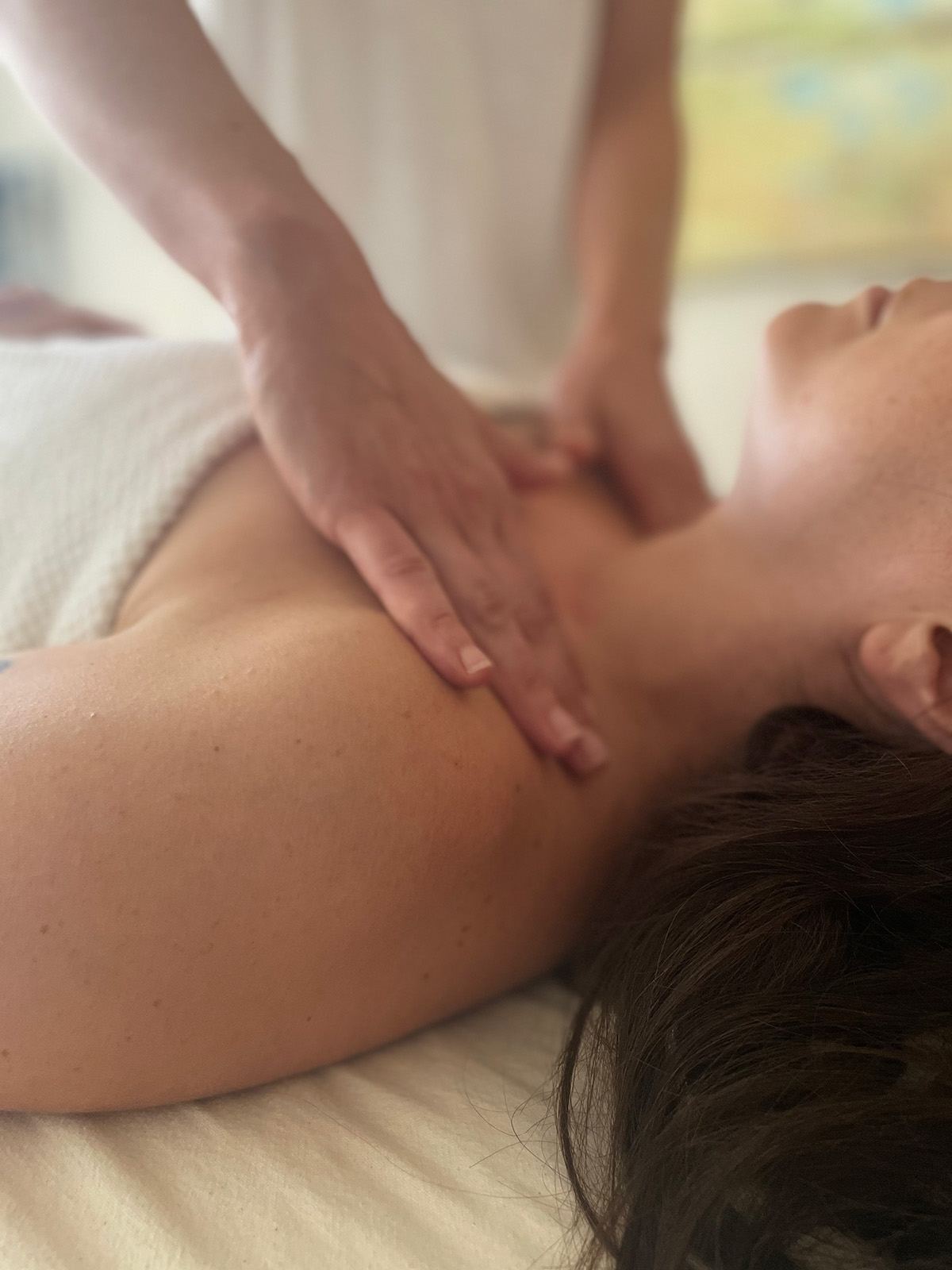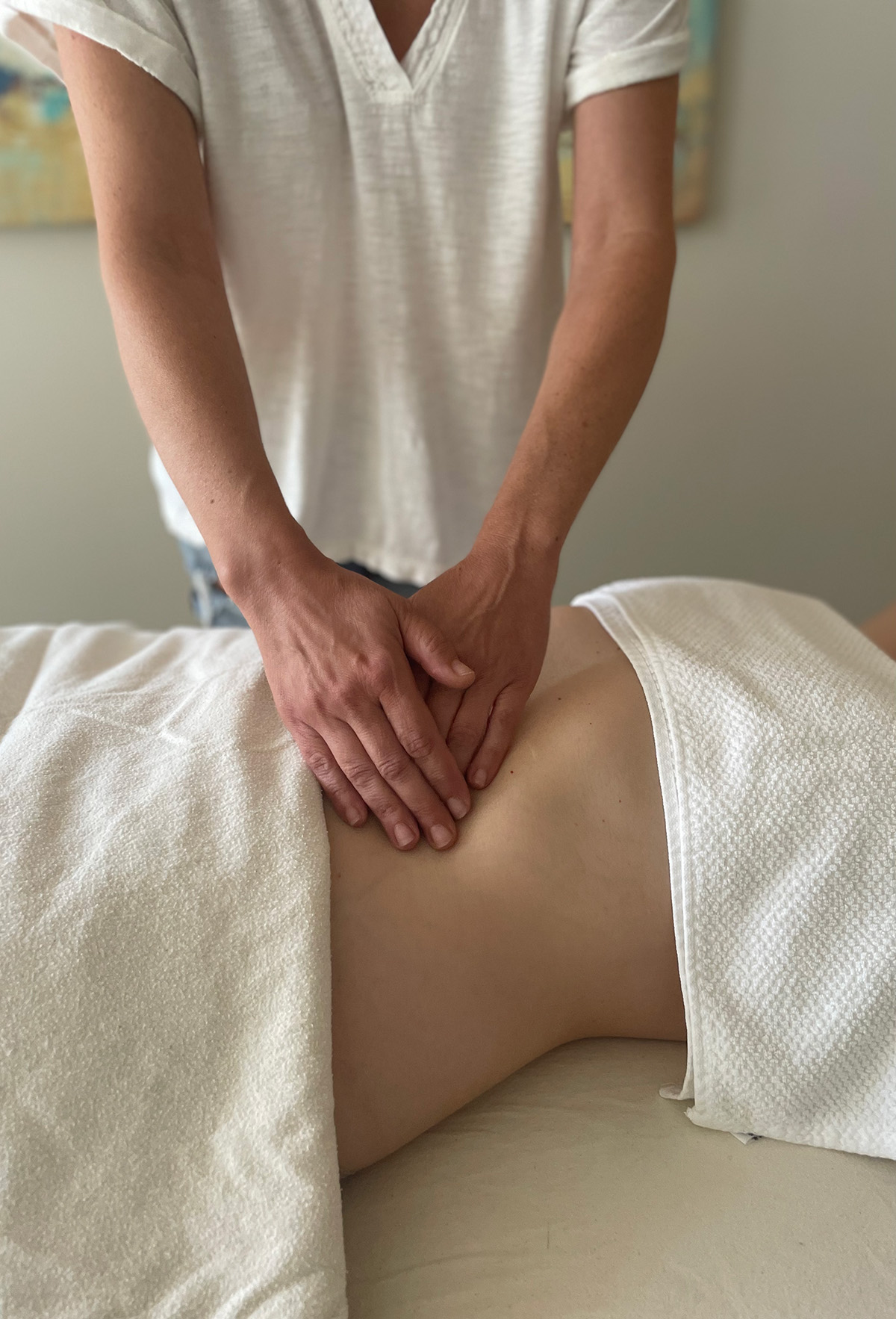Hi, I’m Carmela Wiese, LMT, CMLDT. I am a Board Certified Massage Therapist and Certified Manual Lymphatic Drainage Therapist in Madison, WI.
With 10 years of experience as a lymphatic specialist and 25 years as a massage therapist, I support a wide range of clients: from post-surgical recovery (abdominoplasty, face lift, breast augmentation, arm/leg lifts, liposuction, etc.) and oncology support (mastectomy), to chronic lymphatic conditions like lymphedema and lipedema. I also have extensive experience providing care for those navigating generalized inflammation, immune challenges such as Lyme disease, Ehlers-Danlos Syndrome, and rheumatoid arthritis, as well as long COVID and hypersensitivity-related symptoms.
My office is a beautiful, clean and quiet environment with natural light and warm vibes, all which blend together to offer a perfect environment for you to relax and heal.
For more information on how I can help you achieve your lymphatic goals, call or text me at 608-203-8550, or book an appointment below.
*Gift Cards can be purchased via the Book Now button. Look for the Gift Card tab and click to instantly send to a loved one.*



I meet you where you are and start by listening — your goals, your concerns, and your health history. From there I choose the techniques that will best support your recovery and comfort, whether that’s Manual Lymphatic Drainage or therapeutic massage. My aim is to make each session feel safe, supportive, and focused on what matters most to you.
I believe knowing what’s happening in your body helps healing, so I take time to explain any lymphatic imbalances in plain language and walk you through why a particular approach may help. My thoughtful, collaborative style has earned the trust of many surgeons, physicians, and other medical professionals in the Madison area.
I was trained at the Klose Institute and use the Vodder Method for MLD. With 24 years as a licensed massage therapist, I combine a strong understanding of anatomy, physiology, and kinesiology with hands-on skills. I often blend Myofascial Release, Trigger Point Therapy, Deep Tissue, and Swedish Massage to address musculoskeletal issues and improve mobility.
Before every session I do a full intake so your treatment is truly personalized — no cookie-cutter routines. My work pairs well with post-surgical recovery plans, physical therapy, and long-term care for chronic conditions. If you’d like to talk about a personalized plan or have questions, I’m here and happy to help.